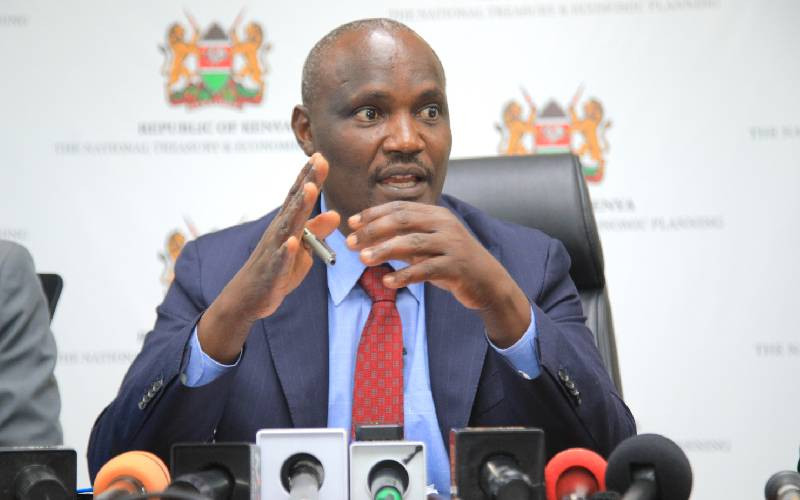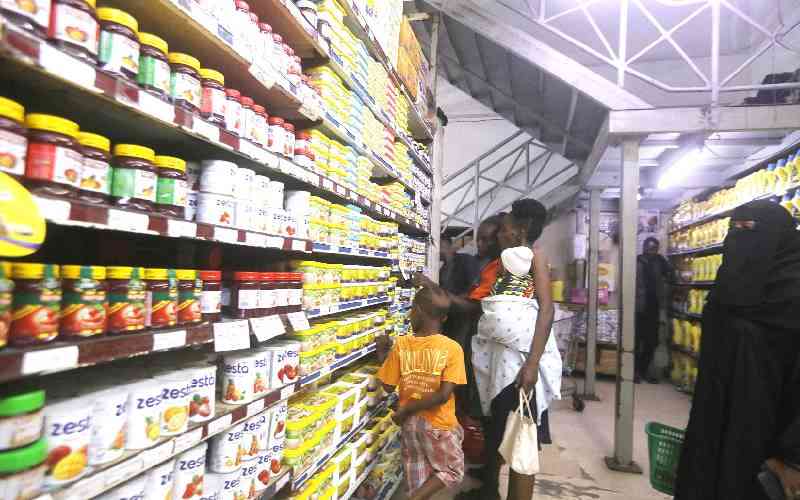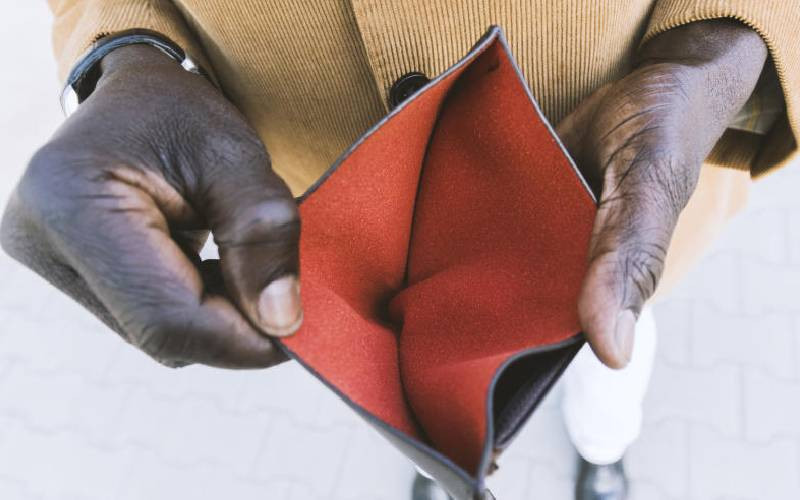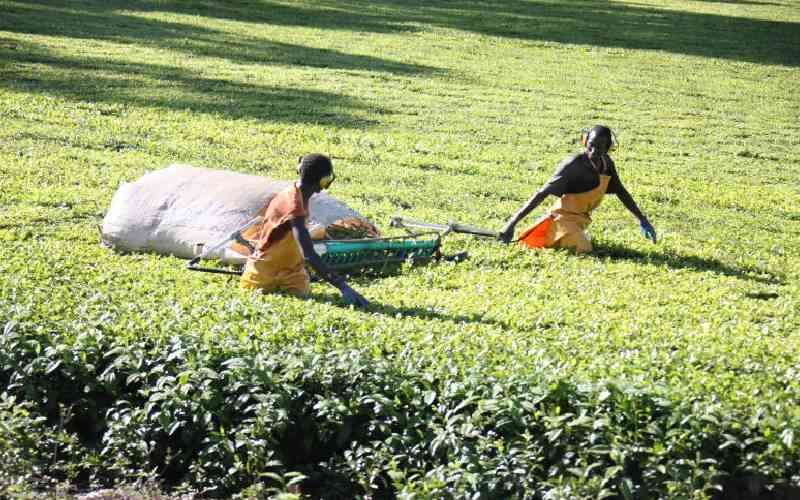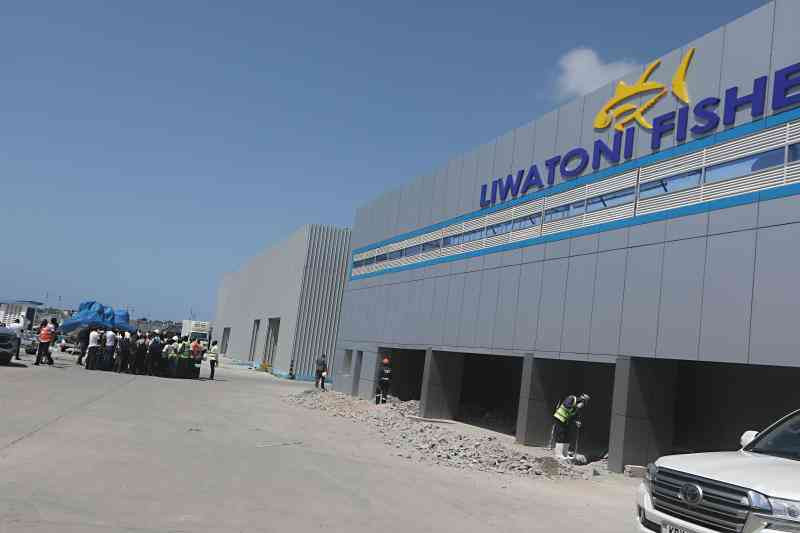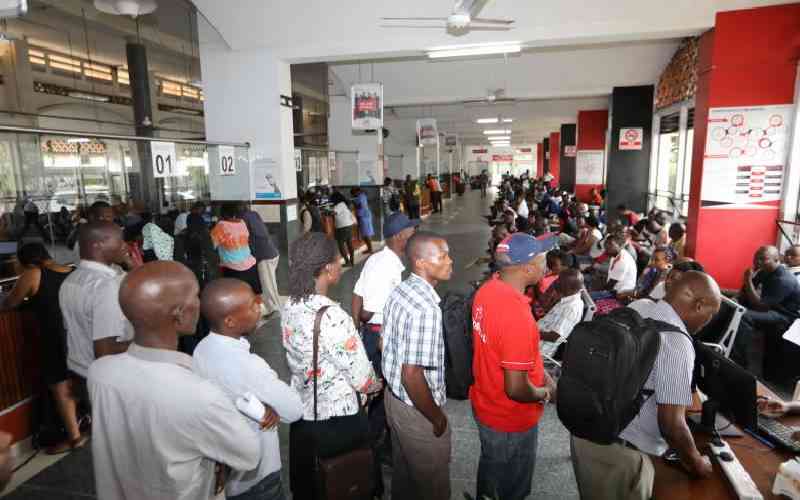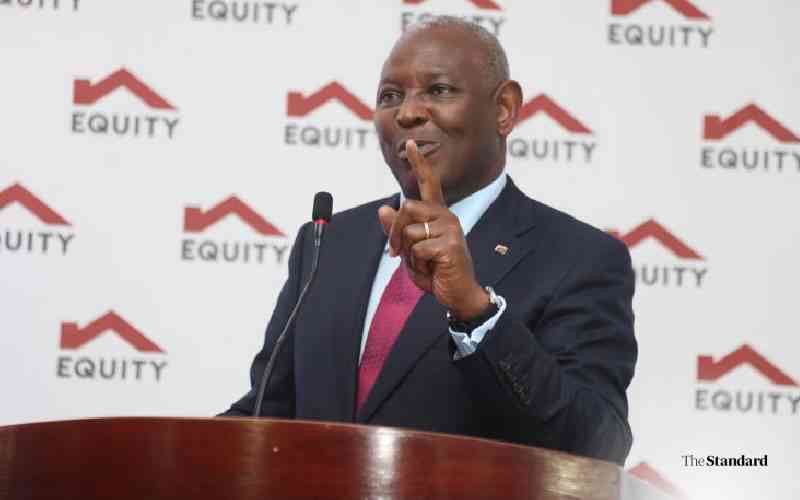×
The Standard e-Paper
Read Offline Anywhere
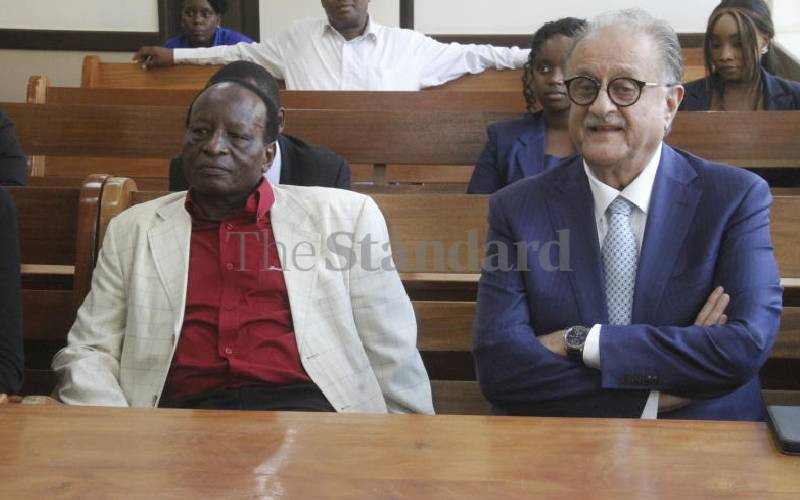
When the anti-corruption court acquitted Deepak Kamani and his brother, Rashmi, from the Anglo-Leasing fraud case in January this year, it brought to an end another high profile case involving tycoons and top civil servants.
After running for more than two decades in court, the Sh7.05 billion fraud case was dropped as have many other cases involving Asian tycoons for lack of evidence and witnesses becoming reluctant.
